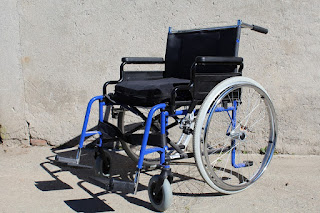Memory, Obesity, and Free Will

By Carlie Hoffman Image courtesy of Wikimedia Commons Do you remember the telephone game? One child comes up with a phrase (e.g. “I love to run”) and then whispers that phrase to the child sitting next to her. This child then whispers what she heard to the child sitting next to her, and so on. By the time the phrase reaches the final child, what started out as “I love to run” could have been transformed into “She shoved a nun,” a complete distortion of the initial sentiment. Unfortunately, a similar telephone game can, and often does, occur in the popular news. This phenomenon was showcased by Dr. Marise Parent’s recent publication, which received considerable press coverage. Dr. Parent, a professor of neuroscience and psychology at Georgia State University and the speaker at our April Neuroethics and Neuroscience in the News journal club, explained how her data linking consumption of a sucrose meal to formation of a food memory was transformed into media headlines claiming “ Sw


